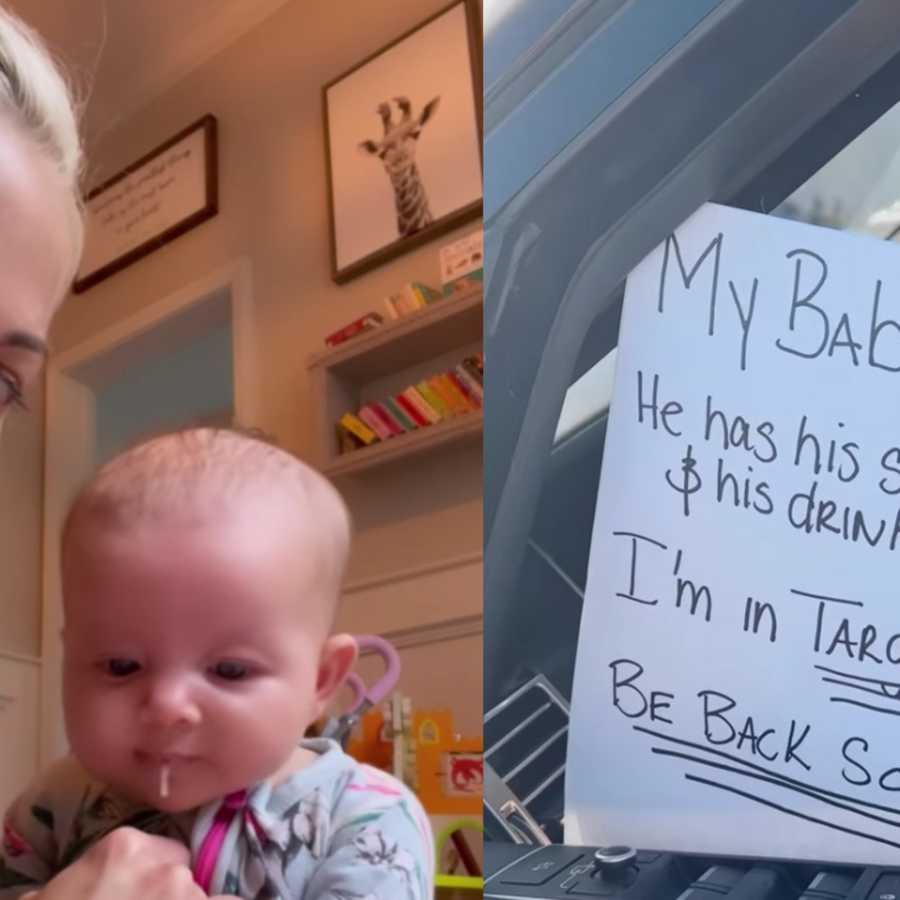
The Transformation of Our Bodies and Diets
In the 1970s, a visit to the beach was a showcase of lean, active bodies. People of all ages enjoyed the sun, surf, and sand with a level of fitness that seemed effortless. Fast forward to today, and the scene has drastically changed. The prevalence of overweight and obese individuals has skyrocketed, painting a stark contrast to the svelte figures of the past. This shift prompts us to examine the role of the food industry in this dramatic transformation.

The 1970s: A Different Era of Eating
During the 70s, the typical diet was markedly different from what we see today. Meals were often home-cooked, with fresh ingredients forming the backbone of family dinners. Processed foods were available but not ubiquitous. Fast food chains were fewer, and eating out was considered a treat rather than a regular occurrence. Portion sizes were smaller, and sugary snacks were less prevalent in households.
Physical activity also played a significant role in the lives of people in the 70s. Without the convenience of digital entertainment, children and adults alike spent more time outdoors, engaging in physical activities. Walking, cycling, and participating in sports were common pastimes.
The Rise of Processed Foods
The landscape began to change with the rise of processed foods and fast food chains in the late 20th century. The food industry, driven by profit, began to prioritize convenience and shelf-life over nutritional value. High-fructose corn syrup, hydrogenated oils, and an array of artificial additives became staples in many foods. These ingredients made food cheaper and more accessible but also less healthy.
Marketing strategies targeted at children and busy adults further entrenched these unhealthy eating habits. Fast food advertisements promised quick, tasty meals at low prices, and snack companies created products that were hard to resist due to their high sugar and salt content. This aggressive marketing, combined with the convenience of ready-made meals, led to a significant increase in the consumption of unhealthy foods.
The Impact on Public Health
The consequences of these changes in diet have been profound. Rates of obesity have soared, bringing with them a host of health problems, including diabetes, heart disease, and various forms of cancer. According to the World Health Organization, worldwide obesity has nearly tripled since 1975. In many countries, the number of overweight children and adolescents has increased tenfold over the same period.
The food industry’s influence extends beyond what we eat to how we perceive food. Portion sizes have increased dramatically, and the notion of what constitutes a normal serving has become distorted. Additionally, the emphasis on convenience has led to a decline in cooking skills, with many people relying heavily on pre-packaged meals and fast food.
Moving Towards a Healthier Future
Addressing this issue requires a multifaceted approach. Public awareness campaigns can educate people about the dangers of processed foods and the benefits of a balanced diet. Governments can implement policies to regulate the marketing of unhealthy foods, particularly to children, and promote healthier options. Schools can play a crucial role by providing nutritious meals and incorporating nutrition education into their curricula.
On an individual level, making a conscious effort to prepare meals from fresh ingredients, controlling portion sizes, and increasing physical activity can help counteract the damage done by the food industry. Embracing a lifestyle reminiscent of the 70s, where home-cooked meals and outdoor activities were the norm, can pave the way towards a healthier society.
Mom leaves “baby” in car while she shops at Target – promises others that he’s OK

These days, it seems as though you can hardly move in public without running the risk of being discovered online.
We have truly entered the era of viral tales and clips, where funny, awkward, and occasionally extremely personal movies and images of ourselves can be published and shared instantly over the internet.
Of course, this can be exploited, but it can also occasionally be used for good; consider the instances in which people are called out for wrongdoing.
I think that’s what people on the internet thought was going on when an Instagram picture went viral in early March, supposedly showing a message written by a mother who had left her infant in the car to go shopping at Target.
Sufficient to halt the heart, surely? There’s more to this story than meets the eye, so don’t worry.
Influencer Bonnie Engle posted a reel on Instagram back in March, and it quickly went viral. The video has received millions of views and over 1,000 comments since it was posted.
The aforementioned video features a close-up of a handwritten message that has been taped inside a car window and says, “My baby is OK.” He’s got his drink and his nibbles! I’m in Target right now. Return soon!
It goes without saying that for many of the people who watched the video, the note alone was enough to startle.

However, many who were willing to watch the film quickly realized that Engle is more of a mischievous spouse than a terrible mother. The camera pans back a few seconds after the previously described close-up on the message in the window, exposing that Engle’s baby in the car is actually her husband.
“Please no judgment,” is how the influencer captioned the Instagram video. He is secure and in good health.
Her spouse is spotted waiting inside the car while enjoying some popcorn.
Thankfully, viewers in the comments section found humor in Bonnie’s video.
One person wrote, “My heart dropped and then I LMAO.”
Another said, “Leaving them in the car is so much easier.”
“For a split second, I thought I was going to lose it… That surprised me, too,” a third person said.
View the video by clicking this link:
Many of Engels’ posts, according to reports, are lighthearted and ideal for mothers who can identify with the day-to-day challenges of motherhood.
What was your impression of Bonnie’s video? Use the comment section to share your opinions with us.
This video undoubtedly had a humorous component, but it’s crucial to constantly keep in mind that you should never leave kids—or dogs, for that matter—in heated cars.
Please share this post to assist us in spreading a crucial message and if you thought Bonnie’s short was humorous.



Leave a Reply